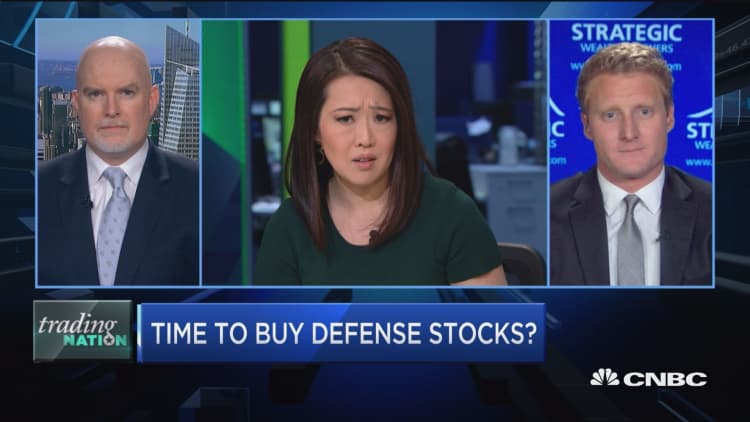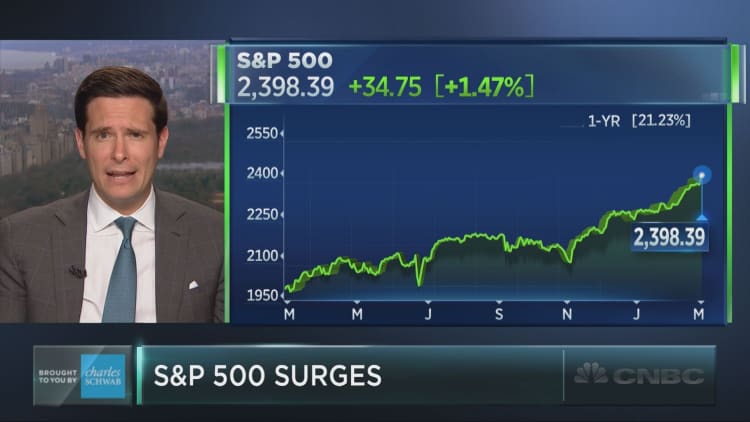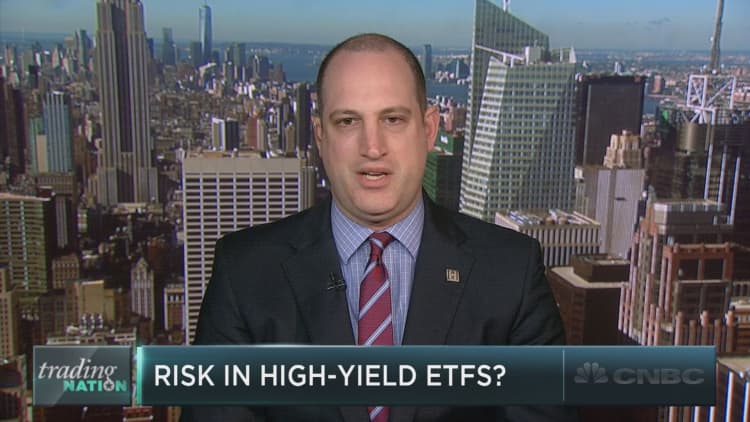


Defense stocks have been highfliers since the election, and President Donald Trump's recent rhetoric has one strategist betting on growth for the sector.
With Honeywell and Raytheon recently hitting record highs and Boeing's leadership sending the Dow Jones industrial average past the 21,000 mark Wednesday, the defense sector has been on a tear, up 17 percent since November's election.
The major catalyst for the sector in the past few months had been Trump's proposed commitment to increase defense spending, a point he reiterated in his speech to Congress on Tuesday night.
Trump's call to move ahead with "one of the largest increases in national defense spending in American history" is exactly what leads Mark Tepper, founder of Strategic Wealth Partners, to bank on more room to run for defense stocks, even from a fundamental standpoint.
"These stocks have finally grown into what was previously extended valuations," Tepper said Thursday on CNBC's "Power Lunch." "While being far from cheap, rapid earnings growth in the future has really brought down those forward multiples to an acceptable level."
However, not everyone believes in another rally for defense stocks, including Dennis Davitt, partner at Harvest Volatility Management.
"There could be potential growth, there could be great volatility [and] it could sell off," he said Thursday on "Power Lunch." "That's a place where you want to either buy [bearish options] to protect your position, or sell out of your position."
This year alone, stocks like Boeing and Honeywell are up as much as 17 percent and 9 percent, respectively. But even among defense stocks that haven't hit record highs, names like Northrop Grumman are up more than 25 percent just over the past year.





